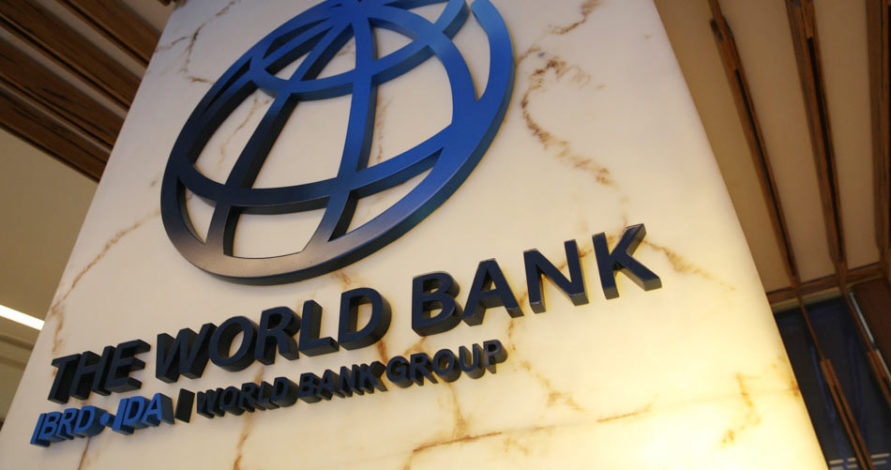The World Bank has reported that up to 34% of Nigeria’s public expenditure on health and education is lost due to absenteeism. This finding was revealed in the latest Human Capital Public Expenditure and Institutional Review on Nigeria conducted by the World Bank.
The report highlights that public spending on health and education in Nigeria is significantly below optimal levels. It emphasizes that the absenteeism of health workers and teachers is a critical factor undermining the quality of spending in these sectors.
The World Bank stated, “Due to the absenteeism of teachers and health workers, up to 13% of public expenditures in education and 21% in health are lost. In Lagos State alone, leakage from the health and education systems amounted to $6.7 million in 2021, with $3.6 million lost in education and $3.1 million in health.”
The World Bank’s Service Delivery Indicator Survey found that, on average, 13.7% of teachers were absent from school. Of those present, about 19.1% were not in the classroom teaching. When they are in school, teachers spend an average of 20.7% of their time on non-teaching activities. Overall, teachers spend less than three-quarters of the scheduled teaching time on actual teaching activities.
The survey also revealed that 31.7% of randomly selected health providers who were supposed to be at work were absent during an unannounced visit. The absenteeism rate was higher in urban facilities (34.2%) compared to rural ones (30.0%). The type of health facility also influenced absenteeism rates, with health centers showing the highest absence rates at 33.6% and health posts the lowest at 24.3%. Among nurses, absenteeism was the highest at 40.9%.
The report projected that Nigeria’s economy could be up to 2.77 times larger if comprehensive education and health services were provided. This would represent an additional growth of approximately 2.06 percentage points annually over the next five decades.
The World Bank highlighted several critical issues: Nigeria has the largest number of out-of-school children globally, the highest number of under-five deaths, and the highest contributor to maternal deaths worldwide (34%). One in every six deaths of children under five globally occurs in Nigeria, and one in every 12 children out of school worldwide is Nigerian. More than 844,000 children die annually in Nigeria before their fifth birthday. A child starting school at age four can expect to complete only five years of education, factoring in actual learning time.
Public spending in Nigeria is merely 12% of the gross domestic product (GDP), below the threshold necessary to finance essential public services and lower than the Sub-Saharan African average of 17.2%. Over the past five years, health and education expenditure in Nigeria has fluctuated between 10% and 12% of GDP, which is inadequate for delivering essential public services.
Public expenditure per capita is $23 for education and $15 for health. Of the $23 per capita spending on education, $14 is spent by states, and the remainder by the Federal Government. For health, states spend $8.5 per capita. This level of spending is inadequate compared to Nigeria’s peers and is insufficient to tackle issues such as high rates of out-of-school children and child mortality.
To address these issues, the World Bank recommends that the Nigerian government invest at least $1,000 per primary school student to reduce the poverty rate. “Given its stage of economic development, Nigeria should ideally be investing at least $1,000 per primary student, which means increasing per-student expenditure sixfold. With many children not attending school and a rapidly growing school-age population, by 2030, Nigeria would need to increase its investment in basic education ninefold from its 2022 level to achieve Sustainable Development Goal 4 (SDG4), which focuses on quality education.”




